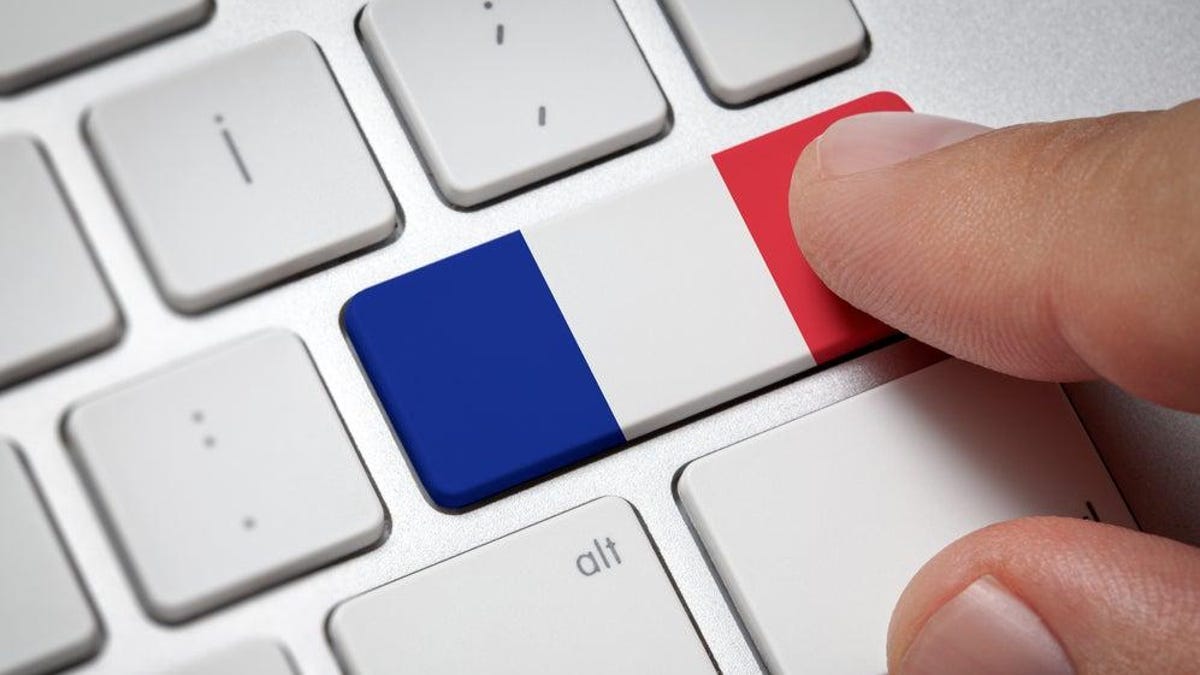In 2020, former President Donald Trump kicked off a worldwide frenzy about TikTok over the app’s potential security concerns. TikTok is now banned on government devices in the US, Canada, the UK, the EU, and elsewhere, and American lawmakers have their eyes on a national ban for consumers. The French, apparently, are the only adults in the room. As the Register first reported, France just banned all recreational apps from government phones, not just TikTok.
“The government has decided to ban the downloading and installing recreational applications on business phones provided to public officials,” France’s Ministry of Transformation and Public Service said Friday in a press release, translated from French. “Indeed, recreational applications do not have the levels of cybersecurity and protection of sufficient data to be deployed on administrative equipment.”
TikTok, like the vast majority of commercial apps, collects a lot of data about its users. The app is owned by ByteDance, a Chinese company, so that data could theoretically find its way into the hands of the Chinese government. Banning TikTok, however, is a nonsensical half-measure, because of, you know, the other millions of apps that leak your data on a constant basis.
When American officials aren’t trying to score political points, they sometimes acknowledge that this is a problem. According to a recent Pentagon report, Department of Defense employees have a wide variety of banned and unauthorized apps on government phones, including apps for dating, Chinese drones, third-party VPNs, cryptocurrency, games, apps related to multi-level marketing schemes, and apparently TikTok.
G/O Media may get a commission
This is what you might call a problem, even before you read the part of the report which finds that DoD staffers sometimes use these unauthorized apps for official business, and even protected government information.
China isn’t the only entity in the world that could use consumer data in harmful ways. But as long as we’re talking about it, it’s worth noting that China can get its hands on your data from Twitter, Facebook, Instagram, YouTube, and elsewhere.
A 2020 Gizmodo investigation found that many popular apps work with Chinese ad tech vendors. That means data from these apps with no obvious connection with China expose data to the exact same risks as TikTok. In other words, TikTok could be sold to an American company or banned altogether and user data could still make its way into the hands of Chinese officials.
Last week, the US House of Representatives hauled TikTok CEO Shou Zi Chew in front of congress for a five-hour shaming.
It could have been an incredible opportunity to force the company to answer difficult questions about the app’s severe problems, from privacy to content moderation to child safety. Instead, politicians on both sides of the aisle largely wasted that chance, choosing instead to interrupt the CEO’s answers in favor of making their own speeches.
One of the few talking points Chew got across was that most of TikTok’s problems are standard in the tech and social media business. A few congress members took a break from their speeches to note this as well. There was some very brief discussion of bills for a national privacy law, something consumers in almost every other developed country enjoy.
Meaningful, comprehensive legislation isn’t sexy enough for politicians to jump on it, unfortunately. House Speaker Kevin McCarthy said Sunday that the House is moving forward with a bill banning TikTok for all Americans, not just government employees.
Unlike their American counterparts, French government officials are treating the internet’s broader problems like the pressing issue that it is. Focusing on TikTok while ignoring concerns at other tech companies is like throwing a spoonful of water on a house fire.



1734894422-0/Copy-of-Untitled-(72)1734894422-0.png)



